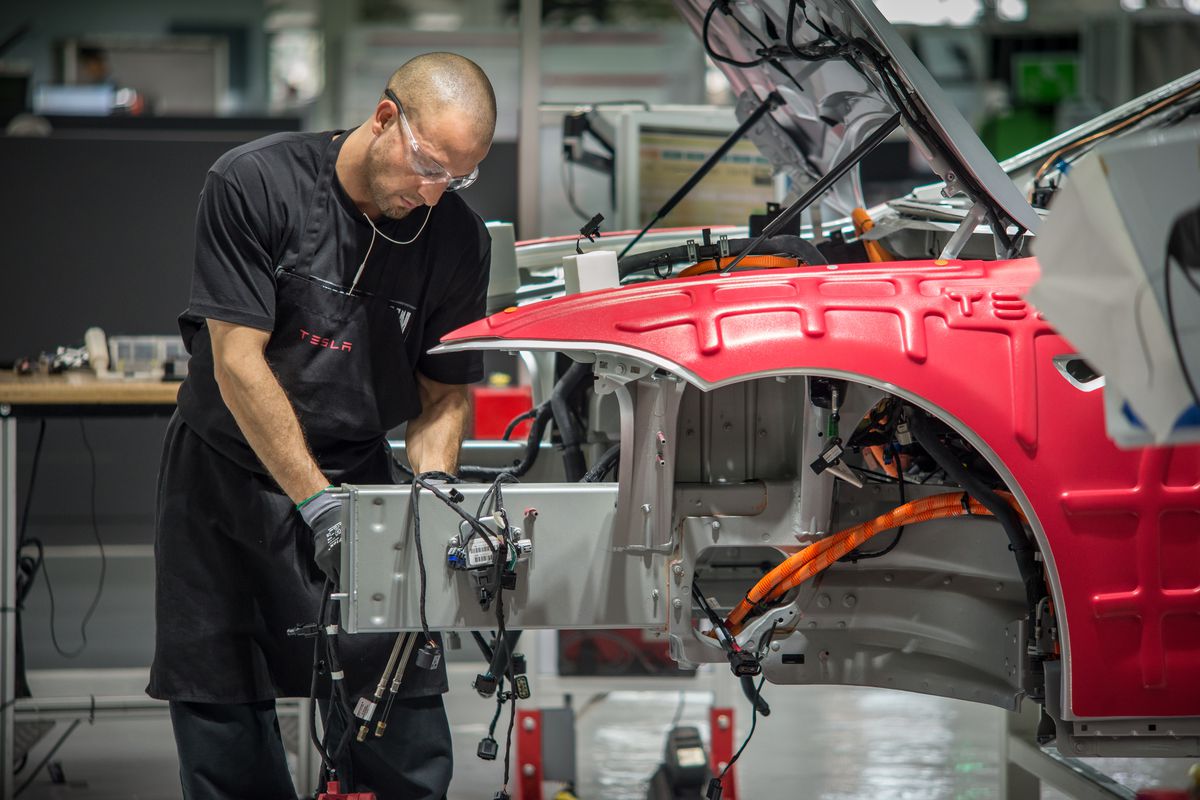Politics and elections often focus on Westminster and the UK’s other elected government bodies but most of us have electoral control of more than our government. Millions of us belong to democratic organisations but too few of us exercise our powers to influence their decisions.
For example, Nationwide Building Society and The Co-operative Group are two of the UK’s largest democratic organisations with a combined membership of over 20 million. They are sizable enterprises with economic power that have so far been underutilised in helping the wider co-operative sector.
Members For Co-operation seeks to address this. We are building a global network of ordinary cooperative members worldwide that organise within cooperatives to increase cooperation between cooperatives. We have started doing this by launching a campaign to pass resolutions at these two old giants to divert a tiny portion of their surplus towards funding grants for small, new co-operatives.
The idea is not without a precedence. In the US, a number of well-established cooperatives came together and helped fund an accelerator program called “Start Co-op” which gave a no-strings attached grant of $10,000 alongside mentoring to it’s first cohort of 8 early stage cooperatives with an unique and innovative business model.
The program was a success, with one of the ventures becoming the first cooperative in US history to receive venture capital investment. Another one became the first worker cooperative to have acquired a conventional business and converted it into a worker owned cooperative.
No accelerator program that gives out grants for new cooperatives exists in the UK. Our campaigns seek to change that.
They seek to address the key obstacle for cooperatives – lack of early stage funding. While co-operatives have a lower risk of bankruptcy and outperform conventional businesses on many other indicators, they are an exception rather than the norm due to low rates of formation of new cooperatives. Our goal is to help their change this by providing access to funds during their infancy when it’s most needed.
Over the long term, we want to help create a co-operative commonwealth, similar to areas like Emilia Romagna. The region’s economy is characterised by a strong cooperative ecosystem built on cross-cooperation between cooperatives, that has made it a success story, with the capital city Bologna boasting the highest quality of life in the entire country.
To begin with we want to demonstrate how larger and older co-operatives can aid smaller and newer ones. Over the long term, we seek to move towards forging more mutual relationships – whether it be investment, procurement or other forms of cooperation that benefit both parties.
You need not worry about this money draining the pockets of the co-operatives or its members. Our resolutions want the organisations to divert less than 0.01% of statutory profits at Nationwide and 0.05% of pre-tax profits of the Co-op Group to this fund. In 2019, this would have been an equivalent of about £83,000 for Nationwide and £67,000 for The Co-op Group.
Our resolution hopes to help unleash the imagination of ordinary members of large democratic enterprises like these to cultivate new ideas and replicate best practises on how they can be utilised to spring up a new generation of cooperatives. 1.2 billion people are members of co-operatives worldwide, and the internet offers unprecedented opportunities for them to connect and cooperate like never before.
If you want to support our campaign and sign our resolution to or just join Members for Co-operation to engage in our future campaigns you can find us here.




